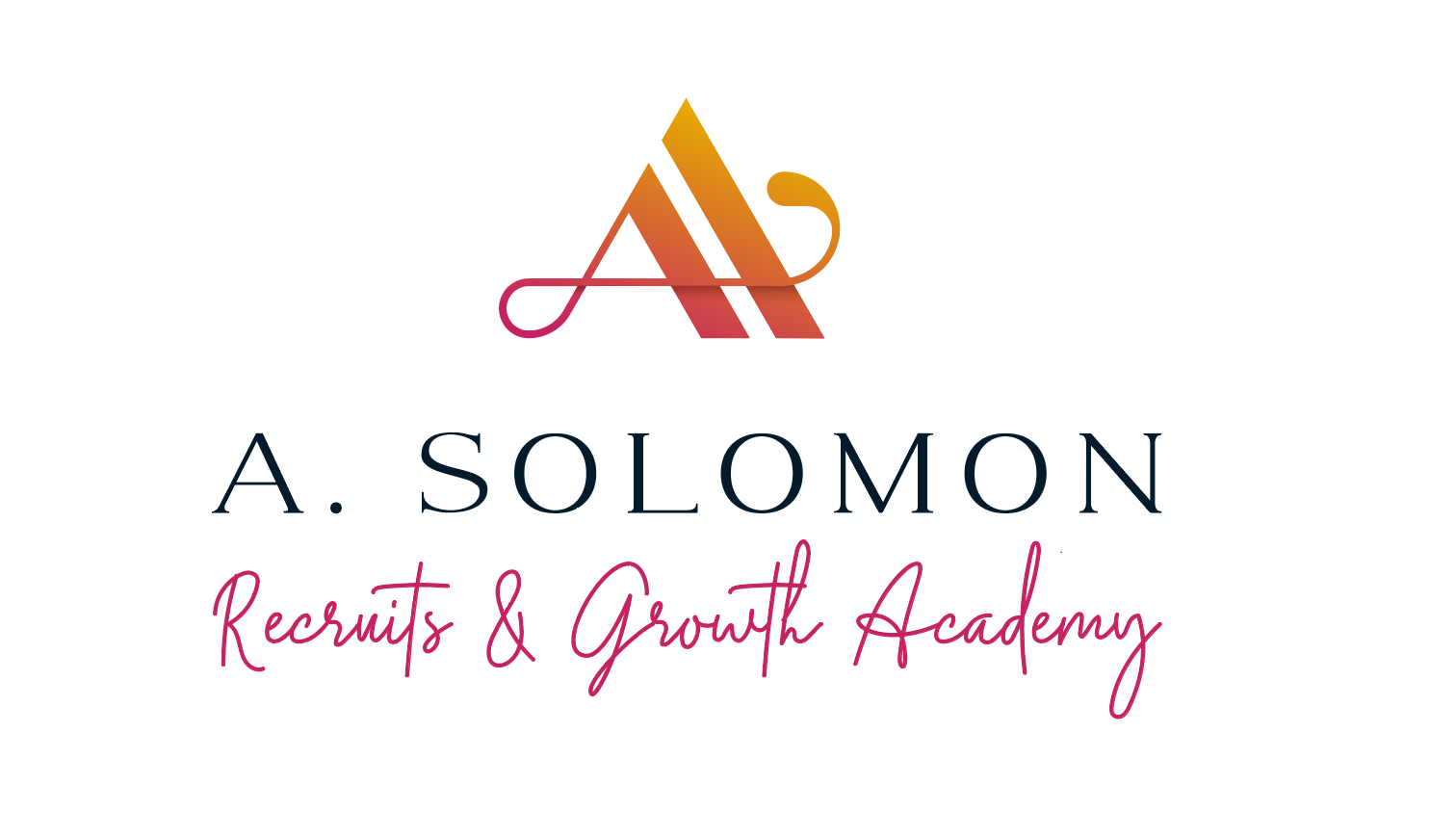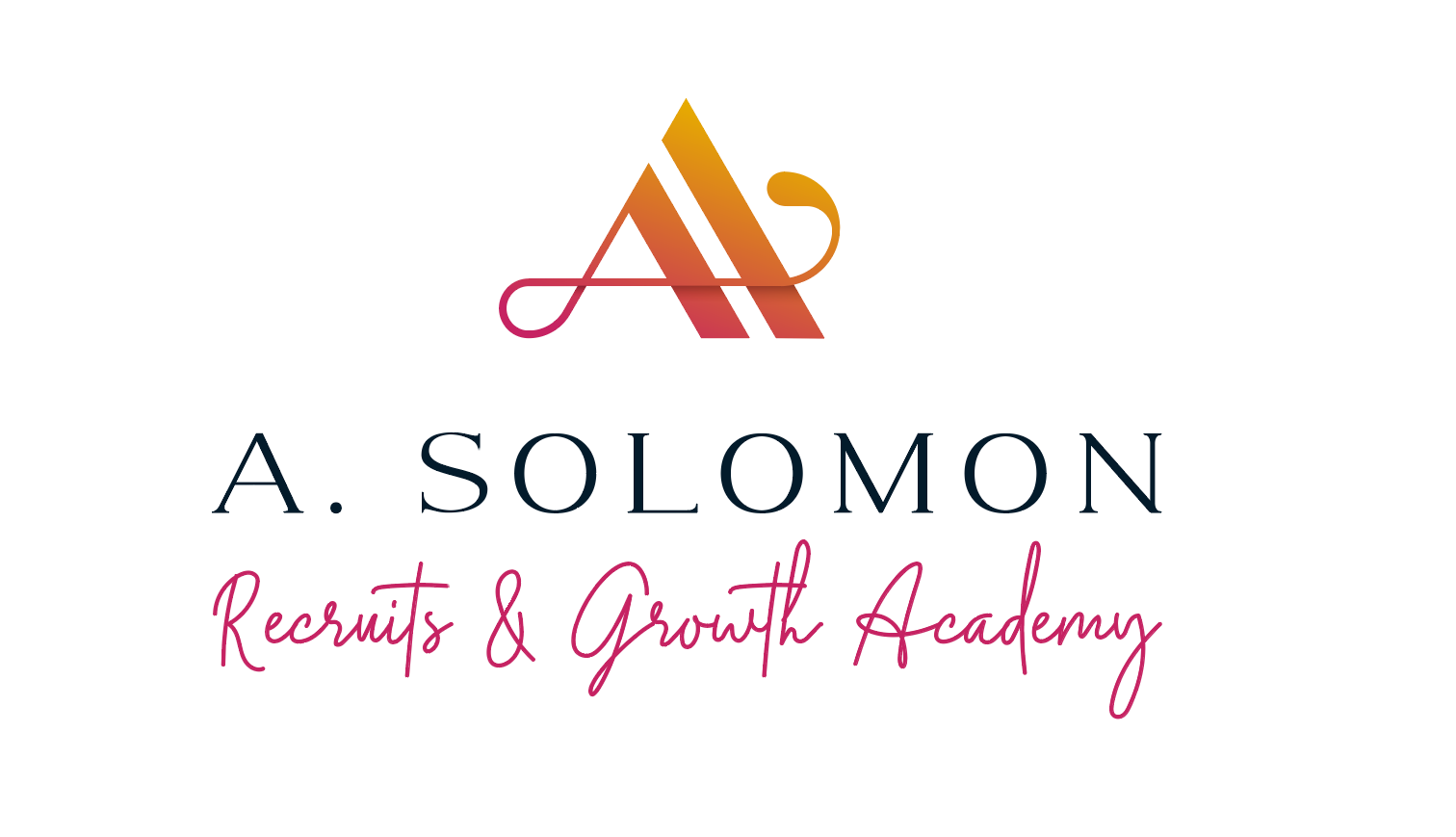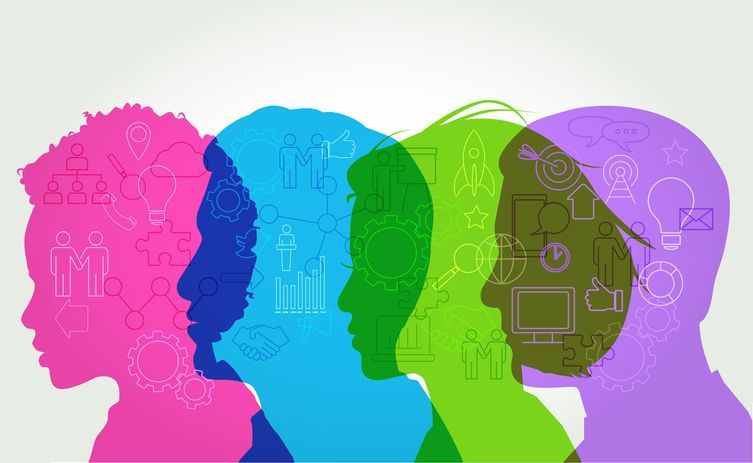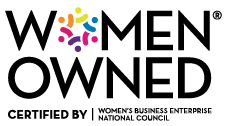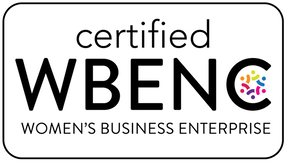Our Culture of Immediate Gratification Must Fall
On April 20th, one man was held accountable for his crimes against a backdrop of too many killings to keep up with. The guilty verdict of Derek Chauvin was emotional for many reasons. It was a reminder that however many marches are held and candles are lit for the unjustified killings of innocent black men, women and children, the numbers keep going up and we can’t seem to do anything to stop it. It was a reminder of the initial and enduring pain of the death of George Floyd and so many like him. And it was a relief that finally, a white cop is being held accountable for his atrocious actions.
The verdict put into perspective how many other atrocities like this have occurred to our black and brown communities with no guilty verdict and no accountability whatsoever. And it was a reminder that although the vast majority of our people are good, the systems in which we function don’t allow for goodness to come through and push us again and again towards exploitation, white supremacy, sexism and hierarchies of power.
Why is this the case? Why is it that social change can come in tremendous waves of positivity while systemic change moves at a snail’s pace? Why is it that, while we all seem to agree that the killing of innocent people of color is unforgivable, our society seems to forgive it again and again and that, above all, it keeps happening?
---
There’s an expression, if you want to go fast, go alone; if you want to go far, go together. Our society has chosen the former. We see this every day in the corporate world: companies that are so desperate for quarter-over-quarter profit that they sacrifice the integrity and the health of their company in order to achieve short-term growth. They focus on hiring individuals who can hit the ground running on day one and who they can wring for all they’re worth before they burn out as opposed to building teams that can go the distance and become more than the sum of their parts.
We also see this every day in our institutions: we allow for the burden of accountability to fall on the shoulders of individual criminals as opposed to holding accountability to the institutions and systems that perpetuate the crimes and continue to hire and create criminals. We are a culture that is built on instant results and immediate gratification and while our profits climb, our people suffer and our systems are to blame.
This has to change… for so many reasons. It's this culture of short-term gain that perpetuates racial violence, sexism, environmental destruction and the continual degradation of mental health in America. The pandemic has provided a brief pause in the status quo and has given (some of us) time and space to step back and look at our world, our workplaces, our institutions and our own lives and to reevaluate our priorities. As the world slowly opens back up over the next several months, we need to carry our values with us and leverage them into the creation of new systems.
How do we do that? By setting up situations in which diverse people work together side-by-side, get to know each other and get to understand each other and together, synthesize solutions. As of now, diversity is structured all wrong. Companies think they’re doing good by creating separate silos of race and sex within the workplace in order to insulate their employees from each other’s differences. But this only worsens the problem by reinforcing division and notions of difference.
In reality, we are not different. We come into the world as humans—equal to one another and all innocent—and we are subjected to different treatment based on arbitrary measures. And then we spend the rest of our lives hiding from one another so as not to ever have to be uncomfortable; so as not to ever have to grow beyond ourselves. But the truth lies beyond ourselves and in order to get there, we need to talk to one another. That’s it. Just talk to one another. Let’s normalize workplaces where teams are created with the explicit goal of talking to one another and growing beyond what we already know.
Let’s shift our focus from the strength of individuals to the strength of systems. Without doing this work, can we trust that whoever the police force brings in to replace Derek Chauvin won’t just do the exact same thing that he did? Immediate gratification isn’t working anymore. Refusing to look under the hood isn’t working anymore. Let’s use the Chauvin verdict as an example of how building accountability into systems can help change the systems. We need to continue to demand accountability for those who threaten the equity and integrity of a new wave of systems which aim to go far, not fast—together.
---
As a young black girl in the 1940’s and 50’s, Nina Simone used to accompany her mother to clean houses of wealthy white people. One of the houses they cleaned was that of an older white woman who took a liking to Nina and funded her first formal piano lessons. Nina was a prodigy. At the age of 11, she had her first recital. Her parents took front-row seats but were forced to move and stand in the back of the hall and give their good seats to white parents. When it was Nina’s turn to perform, she took the stage and demanded that her parents sit in the front row and refused to perform until the owners of the hall escorted them to the front and gave them back their seats. From that moment on, she used her music as activism, addressing issues of race head-on—with grace, beauty and art.
Too often, the burden of accountability falls on the shoulders of the victims. Since our systems are structured so that those who have the motive to hold truth to power are those who are the most disenfranchised in our society, it’s no wonder that social progress is bloody, brutal and slow. Racial division is not a black problem. It’s a human problem. And those who fix it must be those who are societally capable of holding perpetrators accountable, that is, those in charge. Use your power to release those who have none.
I AM someone who sees incredible potential in places most people don't think to look. As a black woman, small business owner of a diversity staffing boutique, my team and I walk alongside our Clients in creating professional environments that are truly for ALL. I believe in our interconnectedness as a human race and strive every day to use my gifts to empower the workplace’s invisible and powerless. I rarely bet on certainty and always root for the underdog because, after all, those are the best stories to tell.

